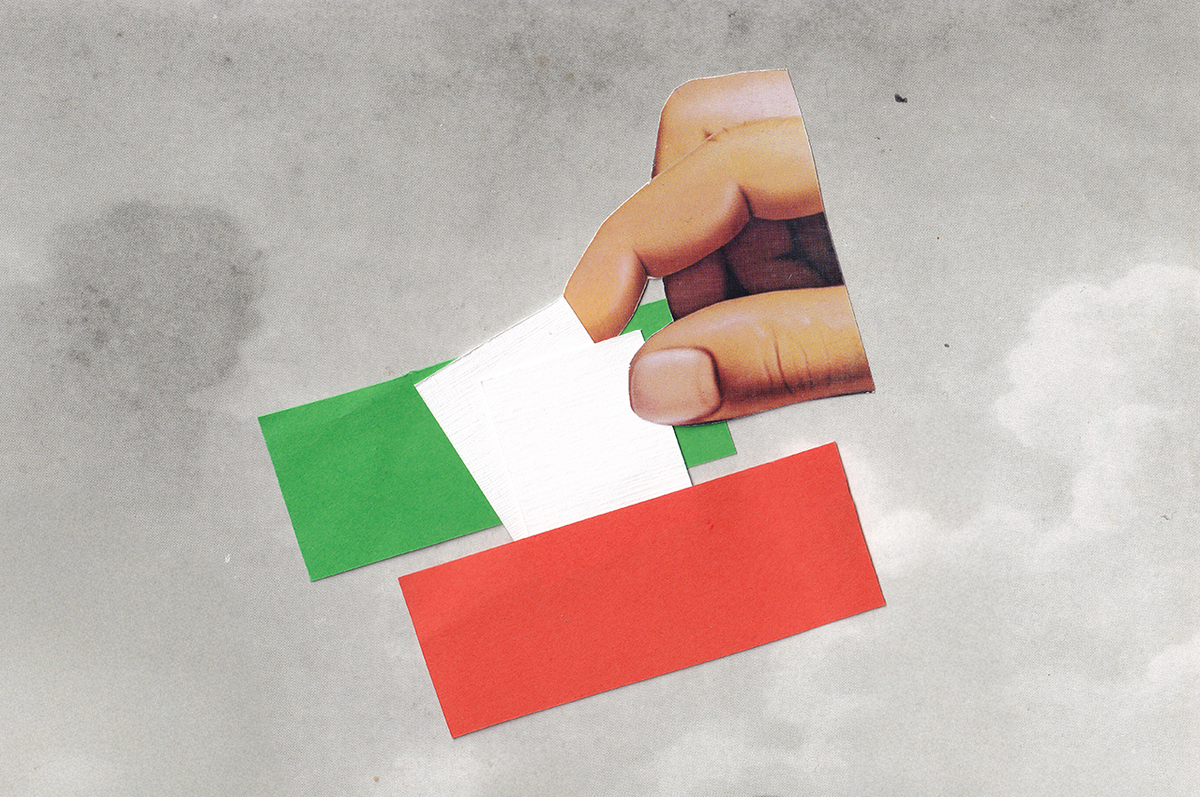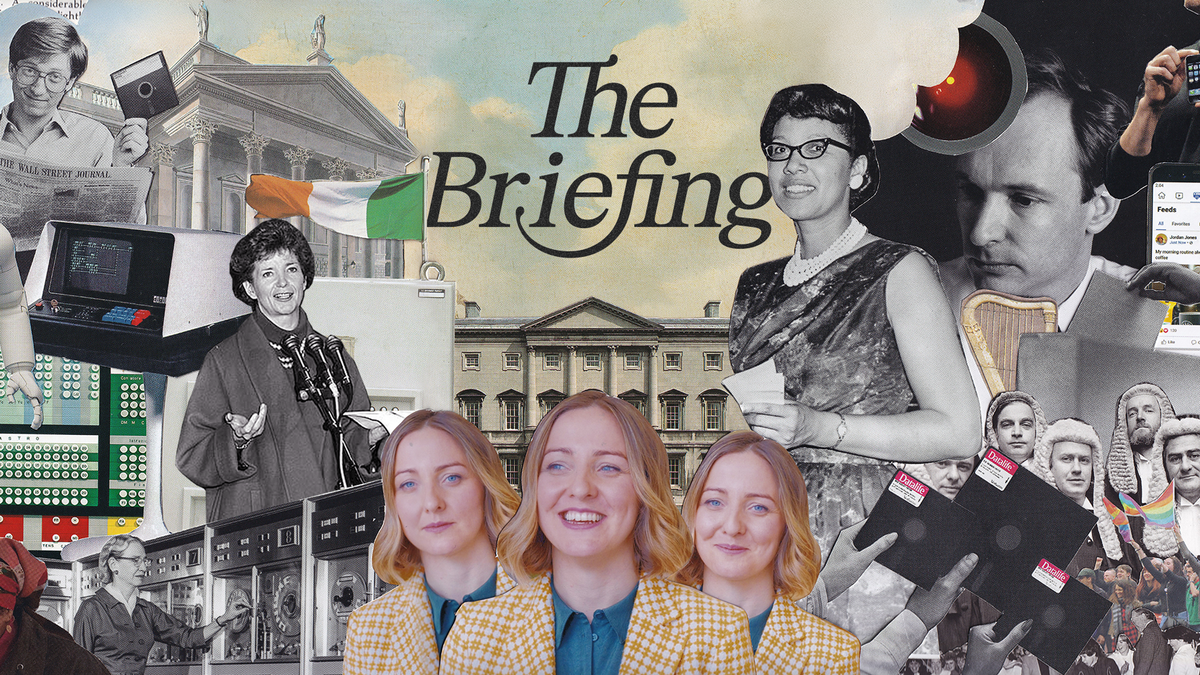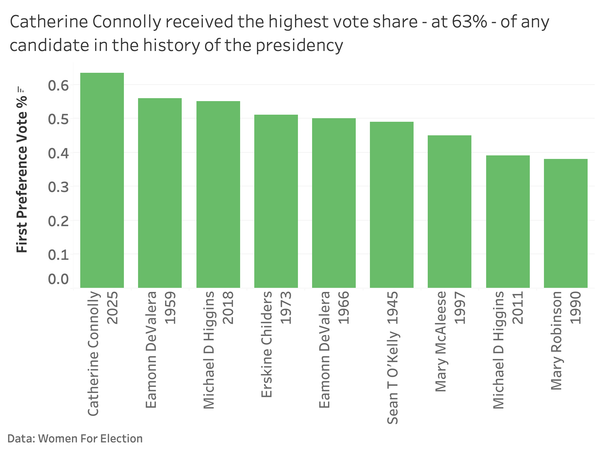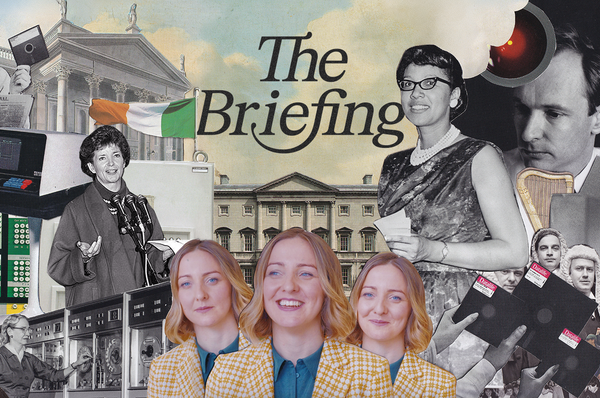Guest explainer: what next for TikTok, and tech, following the US ban?
The US Supreme Court has upheld the ban on TikTok to come into effect Sunday, 19 January . What happens next?

This is a guest post - our first - from the brilliant Irish tech journalist and podcaster Elaine Burke, explaining the TikTok ban and putting it in context with a new Irish case being taken under a similar law. This guest post was made possible by those who have supported The Briefing - thank you! Let me know what you think with the feedback buttons at the end, or in reply - Liz
What next for TikTok, and tech, following the US ban?
By guest contributor, Elaine Burke
The US Supreme Court has upheld the ban on TikTok to come into effect Sunday, 19 January . What happens next?
Users beware
If the ban is adhered to, app store providers Apple and Google will be expected to remove TikTok from their platforms, and US cloud hosting providers such as Oracle will have to pull it from its services. This would prevent new downloads of TikTok from Sunday and, for current users, the app would degrade in stability and quality.
Users outside the US could also see service interrupted as data centres in the US support access to TikTok in other regions.
This kind of shutdown also means the app would no longer receive updates, which are essential for cybersecurity, so continuing to use the app following a ban presents a risk for users.
As China's 'great firewall' demonstrates, no method of blocking online services is 100% effective. Savvy, determined users can and will find workarounds. In India, where TikTok has been banned since 2020, users can still access the app via VPNs and proxy servers.
However, whenever there is a high demand for an app or service that requires this kind of 'backdoor' access, scammers will try to capitalise on it. Users will have to tread carefully and beware of unscrupulous sources promising continued access in the US, should they be cut off on Sunday.
Decision-time for tech providers
Outgoing president Joe Biden's administration said they won't enforce the ban, but that puts app service providers such as Apple, Google and Oracle in a precarious position. They may not want to risk the potential of a $5,000 fine per user by keeping the app available for download in their respective app stores.
TikTok has also indicated that it will go dark on Sunday. The company's lawyer, Noel Francisco, said as much during the Supreme Court hearing and unnamed company sources have said US users will receive a pop-up when opening the app, directing them to a website with information about the ban, and giving them an option to download their data. This approach will reportedly be easier to roll back and reopen access if the ban is overturned.
Sale of work
The law demands that TikTok's US operations must be owned by a US company. There is a provision in the law that the US president can extend the deadline for the ban if significant progress has been made towards a sale agreement. However, while there are prospective buyers and even rumours that Elon Musk could be a potential bidder, TikTok has up to now ruled out a sale as a possibility.
Another sticking point in terms of a sale agreement is what would be sold. Any buyer would be most interested in acquiring TikTok's algorithm – the secret sauce for its much-lauded recommendations engine. However, this highly-valued proprietary technology is something the company, which will continue operating in other territories, will no doubt want to keep to itself. And then users of a US-owned TikTok will not be getting continued access to the same service.
Presidential flip-flopping
Incoming president Donald Trump has indicated that he will save TikTok somehow, though he was the first to try to ban the app during his prior term as president. In the space of one week in 2020, he signed two executive orders ordering that TikTok sell or spin-off its US operations. This was challenged by TikTok in court and, when Biden became president, he overturned the proposed ban with his own executive order.
The Biden administration has now deferred the handling of the ban to the Trump administration, so no action is expected on Sunday. It's possible that Trump will issue a new executive order following his inauguration on Monday, to pause the law that enforces the ban until a deal can be reached. However, such an executive order could be on shaky legal ground.
TikTok migrations
There are a reported 170 million TikTok users in the US, and it's estimated that about 100 million of those are active, engaged users. Other platforms such as Instagram and YouTube are reportedly gearing up for a surge of user activity come Sunday, but many so-called 'TikTok refugees' have turned to RedNote, or Xiaohongshu, a Chinese app modelled on the TikTok short-form video feed.
A reported 700,000 US TikTok users have recently signed up for RedNote, choosing an overtly Chinese replacement as an apparent act of retaliation to the US ban. While some new users are learning Mandarin to engage with the Chinese community on RedNote, the majority of new content is from English-speaking US users – creating a problem for the company which has to moderate this content per Chinese policies. Urgent job postings for English-language content moderators have popped up from RedNote and its suppliers, and new users have reported being notified that their posts can take 48 hours to publish, allowing time for the moderators to catch up.
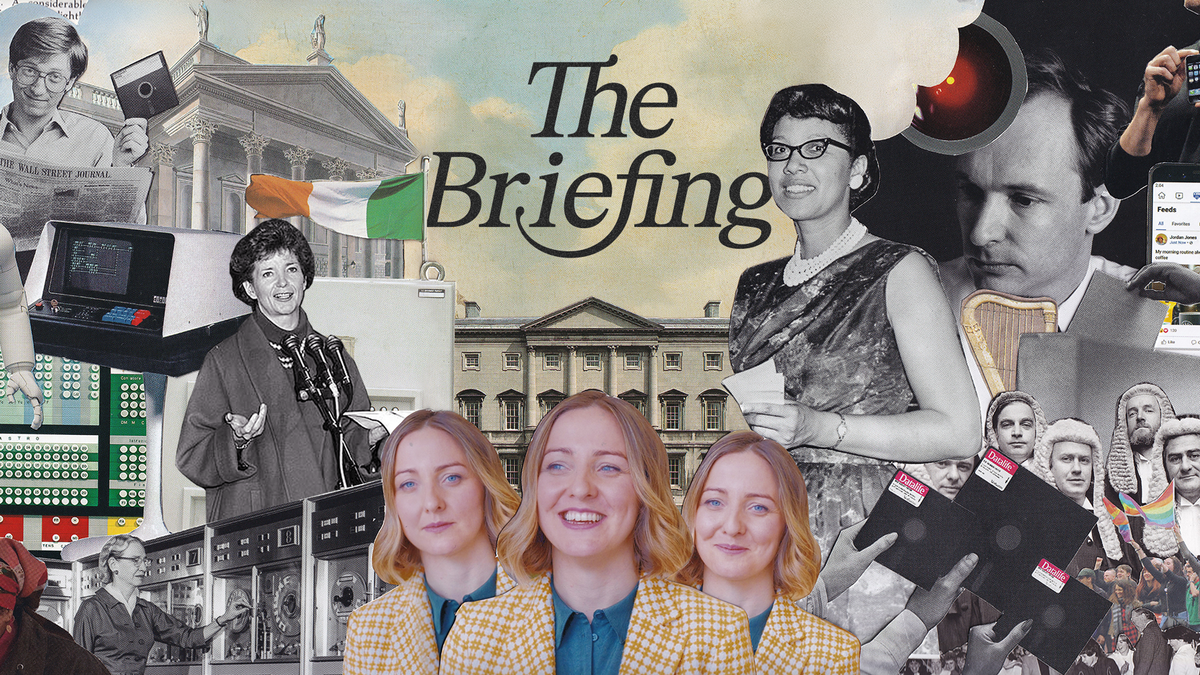
Can of worms
Another off-ramp for TikTok users is Lemon8, a sort of TikTok-Instagram hybrid that is also owned by ByteDance and has seen a rising tide of user interest from the US this month. ByteDance also owns CapCut, a supremely popular video-editing app with about 300 million active users globally, including millions in the US. The Act that has banned TikTok states from the outset that its purpose is: "To protect the national security of the United States from the threat posed by foreign adversary controlled applications, such as TikTok and any successor application or service and any other application or service developed or provided by ByteDance Ltd or an entity under the control of ByteDance Ltd." So any TikTok successor or ByteDance platform could be next in the cross-hairs.
While ByteDance and TikTok are both named in the Protecting Americans from Foreign Adversary Controlled Applications Act, another law enacted to protect US citizens' data from being shared with countries such as China, could see US platforms called out for those those same risks.
In fact, the Irish Council for Civil Liberties, along with the Electronic Privacy Information Centre, this week filed the first complaint under the Protecting Americans’ Data from Foreign Adversaries Act, claiming that Google sends enormous quantities of sensitive data about Americans to China and other foreign adversaries via its adtech system.
Now that the Supreme Court has held up this ban for TikTok, the question is whether US legislators will enforce these laws equally and scrutinise all platforms' data-handling practices for the same risk.
Challenge to the EU's data security
The TikTok ban is being enforced under the Protecting Americans' Data from Foreign Adversaries Act, which was passed last April as a rider to a $95bn package war aid package for Israel and Ukraine. The argument is that the Chinese government could have an influence over TikTok's parent company ByteDance, and that it could gain access to US citizens' data via the app. TikTok denies this claim and has invested billions in devising and developing a secure data enclave whereby US users' data would only be housed on US servers.
A similar enclave is being built for EU citizens' data via TikTok's Irish base. But if the practices outlined for Project Texas were not enough to satisfy US lawmakers, this could be used to call Project Clover’s security into question in the EU.
Correction: this post was updated at 16:00 on Jan 18th to clarify that there are two laws in effect, not one.
ICYMI:

